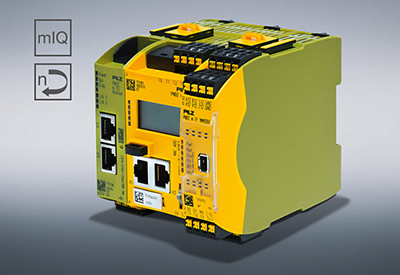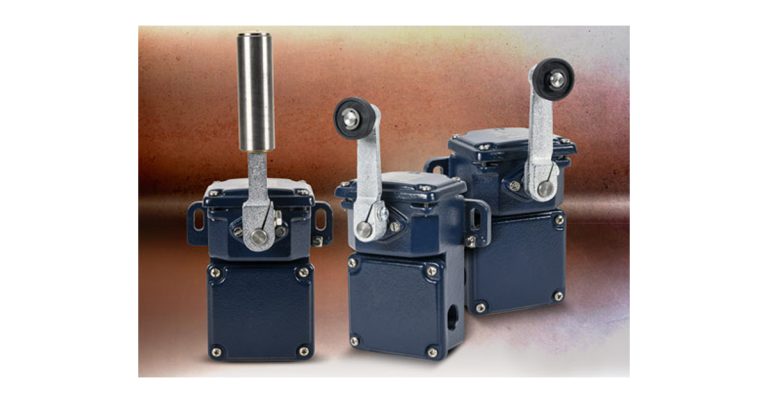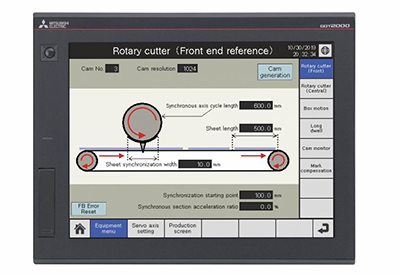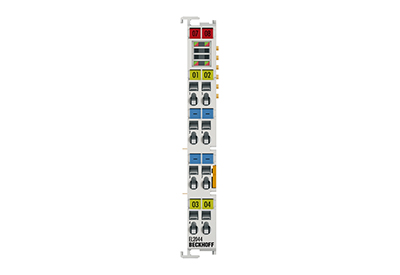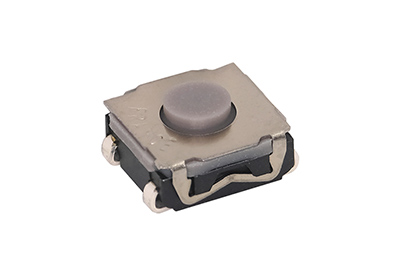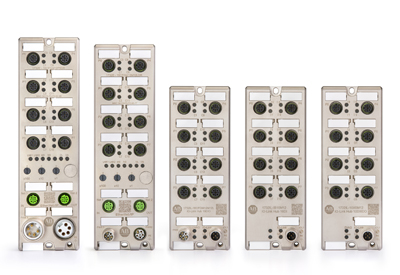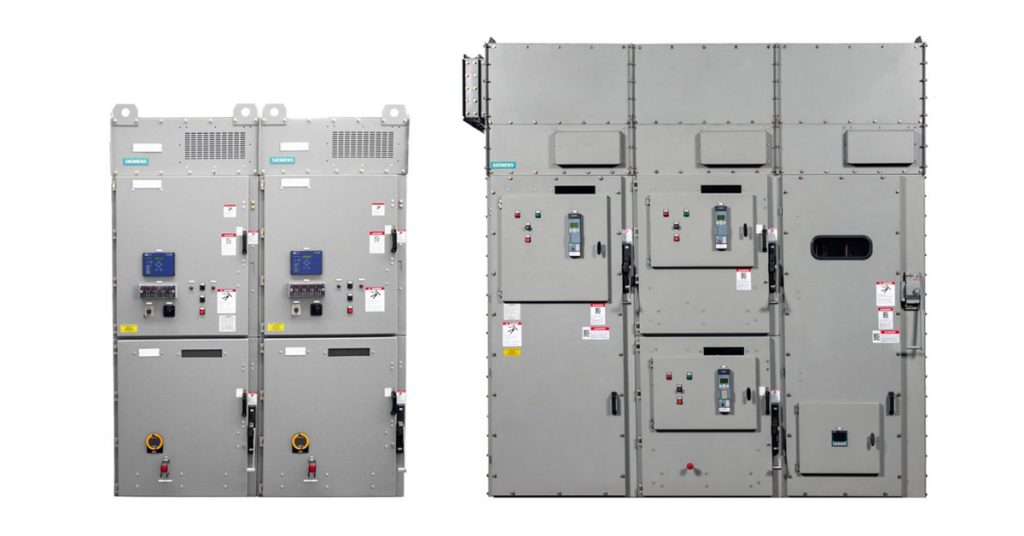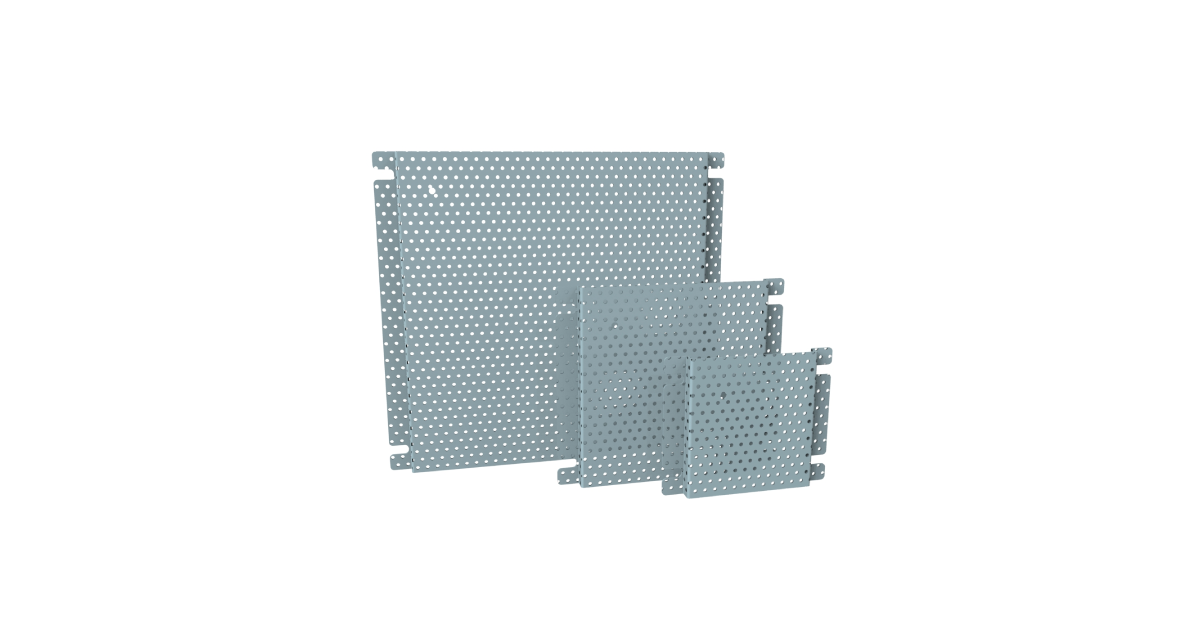High Power Charging and e-mobility Technology Available Through Allied Electronics & Automation and Phoenix Contact
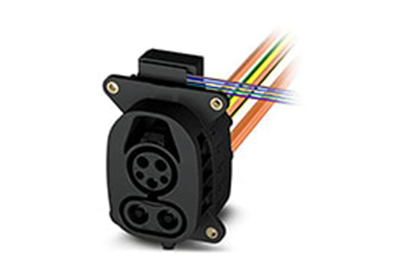
October 5, 2021
Phoenix Contact and Allied Electronics & Automation, together, offer a range of charging technology components for electric vehicle (EV) manufacturers, charging infrastructure manufacturers and system integrators. With high-power charging products, charging cables, inlets, energy meters and more, Phoenix Contact aims to enable e-mobility trends for the near future and beyond.
“With the EV charging ecosystem evolving, it’s important for us to monitor market needs and develop products to enable trends that help with EV adoption,” explained Lyndsey Walling, e-mobility product manager with Phoenix Contact E-Mobility, North America. “The CCS (combined charging system) 40A and 80A cables we just released in July are the smallest, lightest-weight CCS charge cables available on the market. These cables provide a real advantage for faster home and business-level charging.”
The design of Phoenix Contact’s charge cables helps with charging station uptime. “Public charging stations need to withstand quite a bit of handling, and our charge cables and connectors are very robust,” says Walling. “In the event a connector is damaged, we have repair kits that enable quick field replacement of the connector face and DC contacts rather than having to replace the entire cable, which would be much more costly and time-consuming.”
High-power charging (HPC) is another critical component for widespread EV adoption, potentially charging at voltages up to 1,000V and currents up to 500 amps. This voltage increase translates to increased power, doubling the amount of charge transferred to the vehicle in the same amount of time. In the near future, this type of charging will initially apply mainly to fleet vehicles such as electric buses and delivery trucks. HPC will have a significant impact on EV adoption and charging infrastructure as these innovations make their way into the consumer market.
“Range anxiety and charge time anxiety are big reasons why many consumers hesitate to buy an electric vehicle. Especially in the US, drivers rely on going on long-distance trips for leisure and business,” commented Vince Carioti, director, Phoenix Contact E-Mobility, North America. “HPC technology will enable the country to build out a charging infrastructure along our highway system where drivers can stop for a coffee or bio break and plug in. They’ll get their coffee or lunch and come out to a car that is charged up and ready to go for another 200 to 350 miles or more, depending on the vehicle, battery size and capability to handle these larger currents and voltages,” Carioti said.
Coming innovations in charging and battery technology will enable consumer vehicles to take advantage of high-power charging for long-distance trips, as well as 80A charging in homes that can handle a circuit that big. Carioti adds: “Charging and e-mobility technology is really a race to drive the near-future of transportation. Our focus at Phoenix Contact is on designing and developing products that enable fast and safe charging, both on the vehicle and the infrastructure side.”
Phoenix Contact e-mobility products include charging cables, charging inlets, surge protection, power products, IPCs, HMIs, energy meters, terminal blocks and more, and most products are available on Allied’s website. Allied helps engineers, plant managers, and other purchasers find the products they need quickly online, as an authorized distributor for Phoenix Contact products and many other brands. When searching for e-mobility products, buyers can filter their search quickly by appropriate standards (SAE, IEC, USCAR, Type 1, Type 2, GB/T), IP rating, AC or DC charging, current rating, voltage and more. Allied stocks Phoenix Contact’s e-mobility products, as well as a full range of Phoenix Contact products for all industrial applications.
![]()
https://www.alliedelec.com/newsroom/2109-phoenix-contact/

